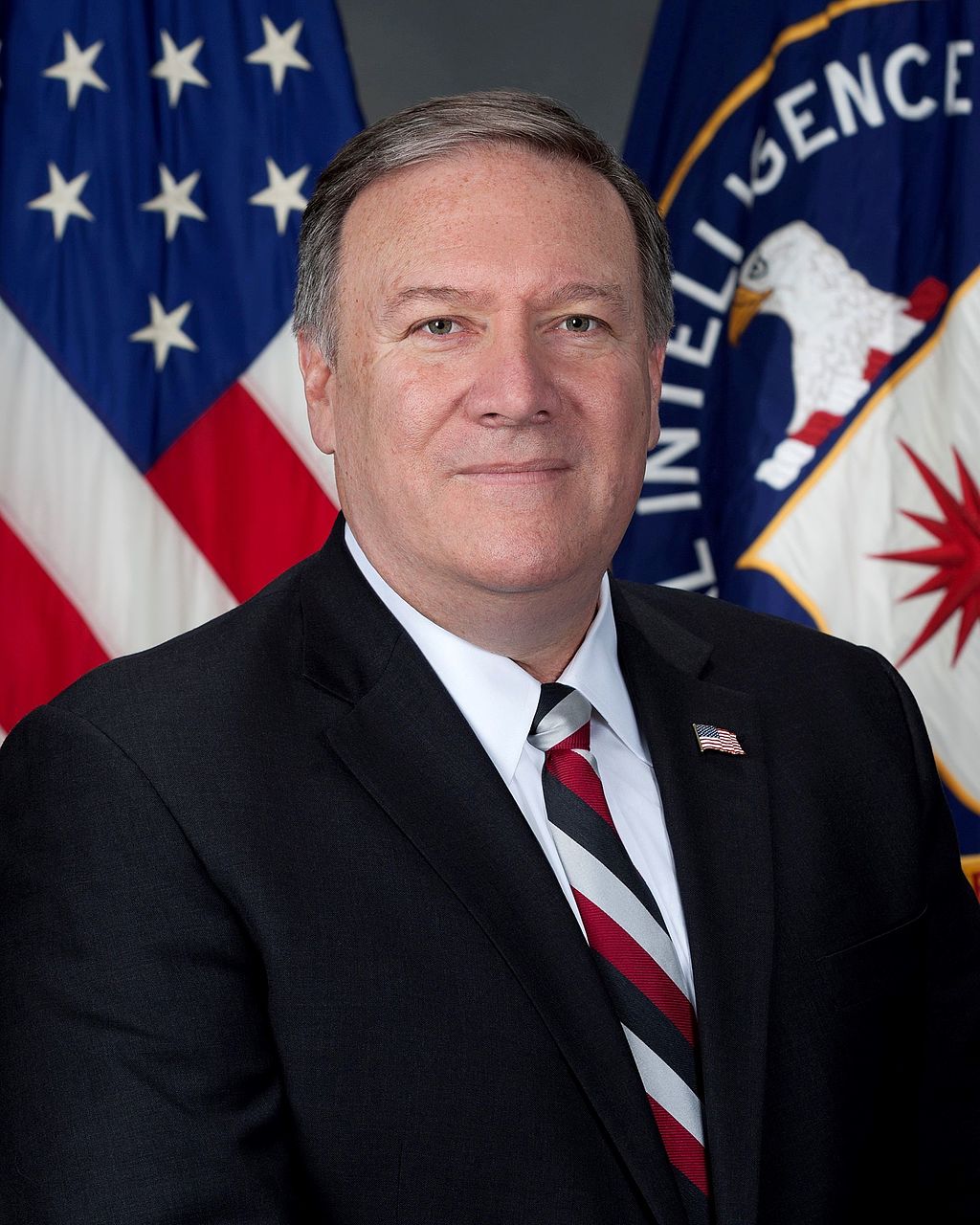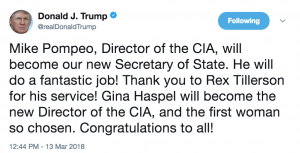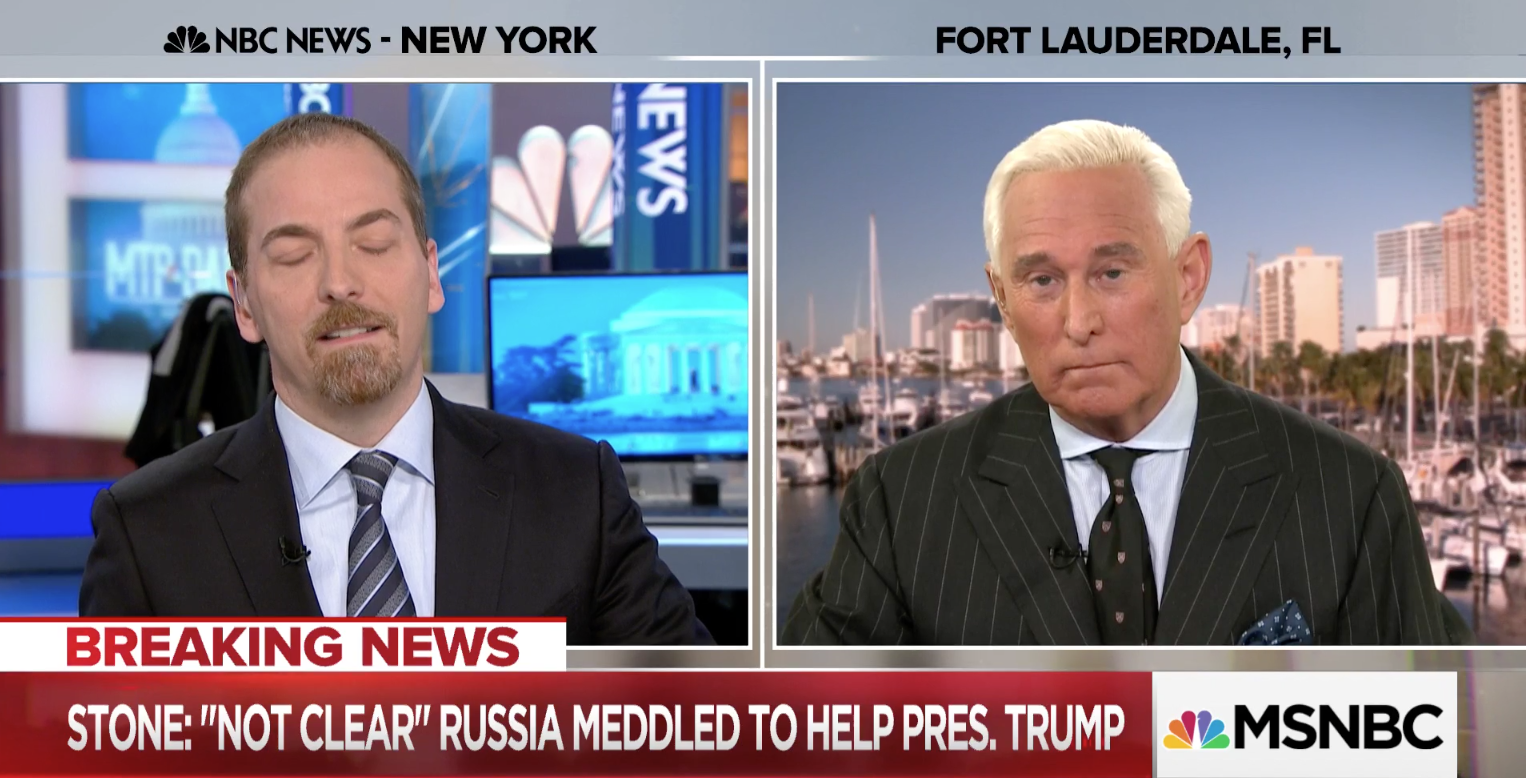Sometime Paul Manafort client and owner Oleg Deripaska just did a column in the Daily Caller insinuating the Mueller investigation is a Deep State attack on good aluminum smelters like him — though the column seems as much an effort to get ahead of disclosures about his own tie to the Steele dossier or Manafort trial as anything else.
Chuck Grassley throws breadcrumbs about others tied to the Steele dossier, including Oleg Deripaska
For weeks, I’ve been waiting to learn why Chuck Grassley asked Democrats about the role of a number of people in the Fusion dossier, including Victoria Nuland, former SSCI staffer Dan Jones, and Oleg Deripaska.
Look, now, at this detail from the letters Chuck Grassley sent out to the DNC, its top officials, and the Hillary campaign, and its top officials, trying to find out how much they knew about and used the dossier. Grassley also asks for any communications to, from, or relating to the following (I’ve rearranged and classified them).
Fusion and its formal employees: Fusion GPS; Bean LLC; Glenn Simpson; Mary Jacoby; Peter Fritsch; Tom Catan; Jason Felch; Neil King; David Michaels; Taylor Sears; Patrick Corcoran; Laura Sego; Jay Bagwell; Erica Castro; Nellie Ohr;
Fusion researcher who worked on both the Prevezon and Democratic projects:Edward Baumgartner;
Anti-Magnitsky lobbyists: Rinat Akhmetshin; Ed Lieberman;
Christopher Steele’s business and colleagues: Orbis Business Intelligence Limited; Orbis Business International Limited.; Walsingham Training Limited; Walsingham Partners Limited; Christopher Steele; Christopher Burrows; Sir Andrew Wood,
Hillary-related intelligence and policy types: Cody Shearer; Sidney Blumenthal; Jon Winer; Kathleen Kavalec; Victoria Nuland; Daniel Jones;
DOJ and FBI: Bruce Ohr; Peter Strzok; Andrew McCabe; James Baker; Sally Yates; Loretta Lynch;
Grassley, like me, doesn’t believe Brennan was out of the loop either: John Brennan
Oleg Deripaska and his lawyer: Oleg Deripaska; Paul Hauser;
It’s the last reference I’m particularly interested in.
When Simpson talked about how the dossier got leaked to BuzzFeed, he complains that, “I was very upset. I thought it was a very dangerous thing and that someone had violated my confidences, in any event.” The presumed story is that John McCain and his aide David Kramer were briefed by Andrew Wood at an event that Rinat Akhmetshin also attended, later obtained the memo (I’m still not convinced this was the full memo yet), McCain shared it, again, with the FBI, and Kramer leaked it to Buzzfeed.
But Grassley seems to think Russian oligarch Oleg Deripaska was in on the loop of this. Deripaska is important to this story not just for because he owns Paul Manafort (he figures heavily in this worthwhile profile of Manafort). But also because he’s got ties, through Rick Davis, to John McCain. This was just rehashed last year by Circa, which has been running interference on this story.
There is a report that Manafort laid out precisely the strategy focusing on the dossier that is still the main focus of GOP pushback on the charges against Trump and his campaign (and Manafort).
It was about a week before Trump’s inauguration, and Manafort wanted to brief Trump’s team on alleged inaccuracies in a recently released dossier of memos written by a former British spy for Trump’s opponents that alleged compromising ties among Russia, Trump and Trump’s associates, including Manafort.
“On the day that the dossier came out in the press, Paul called Reince, as a responsible ally of the president would do, and said this story about me is garbage, and a bunch of the other stuff in there seems implausible,” said a personclose to Manafort.
[snip]
According to a GOP operative familiar with Manafort’s conversation with Priebus, Manafort suggested the errors in the dossier discredited it, as well as the FBI investigation, since the bureau had reached a tentative (but later aborted) agreement to pay the former British spy to continue his research and had briefed both Trump and then-President Barack Obama on the dossier.
Manafort told Priebus that the dossier was tainted by inaccuracies and by the motivations of the people who initiated it, whom he alleged were Democratic activists and donors working in cahoots with Ukrainian government officials, according to the operative.
If Deripaska learned of the dossier — and obtained a copy from McCain or someone close to him — it would make it very easy to lay out the strategy we’re currently seeing.
Victoria Nuland gets ahead of the narrative by explaining her own role in the dossier
Shortly after I asked that question, Nuland (in about the first move that Democrats made to get ahead of the dossier) explained her own role. She had received reports he had done for other people, but when she heard of the Trump dossier, she (wary of Hatch Act violations) said the FBI should take the lead.
Glasser: And so, around this period is also when the famous dossier is starting to circulate. And it’s been reported that you were familiar already—and others were—with the work of Christopher Steele, that he had been a helpful source of information, of analysis and insight over the previous few years. Did you know him personally, or just his work?
Nuland: I did not know him personally. He had—’13, ’14, ’15, he had a number of corporate clients who were interested in who was in the decision-making loop on Ukraine issues in the Kremlin, who was in the—who the back channels were between Ukraine and Russia, and he was generous enough, as many people were in that period, to share their findings and their work with us, and all of us who were trying to understand it as a policy matter were taking all kinds of information. We never—
Glasser: But you weren’t personally debriefing?
Nuland: No, we never worked with him directly. We never tasked him. We never had an official association. His information on Russia and Ukraine was one of hundreds of sources that we were using at the time.
Glasser: When did you first hear about his dossier?
Nuland: I first heard—and I didn’t know who his client was until much later, until 2017, I think, when it came out. I first heard that he had done work for a client asserting these linkages—I think it was late July, something like that.
Glasser: That’s very interesting. And you would have taken him seriously just because you knew that he knew what he was talking about on Russia.
Nuland: What I did was say that this is about U.S. politics, and not the work of—not the business of the State Department, and certainly not the business of a career employee who is subject to the Hatch Act, which requires that you stay out of politics. So, my advice to those who were interfacing with him was that he should get this information to the FBI, and that they could evaluate whether they thought it was credible.
Jones and Deripaska’s roles remain unexplained, even in spite of Jane Mayer’s reporting on the latter
We still hadn’t heard about Jones or Deripaska’s role; Jane Mayer didn’t even clarify the latter in her 15,000 word Steele profile.
Orbis promises confidentiality, and releases no information on its clientele. Some of its purported clients, such as a major Western oil company, are conventional corporations. Others are controversial, including a London law firm representing the interests of Oleg Deripaska, the billionaire victor of Russia’s aluminum wars, a notoriously violent battle. He has been described as Putin’s favorite oligarch. Steele’s possible financial ties to Deripaska recently prompted Senator Grassley to demand more information from the London law firm. If a financial trail between Deripaska and Orbis can be established, it is likely to raise even more questions about Steele, because Deripaska has already figured in the Russia investigation, in an unsavory light. Paul Manafort, Trump’s former campaign manager, has been accused of defrauding Deripaska’s company while working for it in Ukraine. (Manafort has been indicted by Special Counsel Robert Mueller on charges of money laundering and other financial crimes. He has pleaded not guilty.) Even if Steele’s rumored work for Deripaska is aboveboard, it illustrates the transition that he has made from the world of government service to the ethically gray world of commerce. Oligarchs battling other oligarchs provide some of the most lucrative work for investigators with expertise in Russia. Orbis maintains that, as long as its activities are limited to providing litigation support for Western law firms acting in Western courts, it is helping to settle disputes in a more civilized way than they would be in Russia.
Oleg Deripaska’s bid to get ahead of Deripaska disclosures
Which brings us to Deripaska’s column in the (!?!?!) Daily Caller. Deripaska describes himself — in a column released even as Trump rolls out aluminum sanctions and just weeks after he stepped down as President — as “the founder of UC Rusal, the world’s leading producer of aluminum using clean, renewable hydropower.” The column drops a load of American cultural and historical references: Wag the Dog, Teddy Roosevelt, “World War II hero and former U.S. Sen. Daniel Inouye,” and George Soros.
The most remarkable passage, seemingly an attempt to leak where Grassley and Nunes might otherwise go, is this attack on Dan Jones and Nuland.
Yet on March 16, 2017, Daniel Jones — himself a team member of Fusion GPS, self-described former FBI agent and, as we now know from the media, an ex-Feinstein staffer — met with my lawyer, Adam Waldman, and described Fusion as a “shadow media organization helping the government,” funded by a “group of Silicon Valley billionaires and George Soros.” My lawyer testified these facts to the Senate Intelligence Committee on Nov. 3. Mr. Soros is, not coincidentally, also the funder of two “ethics watchdog” NGOs (Democracy 21 and CREW) attacking Rep. Nunes’ committee memo.
A former Obama State Department official, Nuland, has been recently outed as another shadow player, reviewing and disseminating Fusion’s dossier, and reportedly, hundreds of other dossiers over a period of years. “Deep State-proud loyalists” apparently was a Freudian slip, not a joke.
Deripaska names Jones as a “self-described former FBI agent,” as if FBI agents here are as thuggish and secretive as FSB agents in Russia. He suggests “we now know from the media” that Jones is “an ex-Feinstein staffer,” as if we don’t know in large part because of the Republican fight against the Torture report in (this is important!) the Senate Intelligence Committee. Then, after explaining on what authority he is sharing all this information — “My lawyer testified these facts to the Senate Intelligence Committee on Nov. 3,” — Deripaska claims third hand that Jones told his lawyer that Fusion is a “shadow media organization helping the government,” funded by a “group of Silicon Valley billionaires and George Soros.”
Among other things then, this is a very crafty attempt to get information submitted to the close-lipped SSCI, but probably not to SJC or HPSCI where everything leaks, into the public.
So Deripaska, presumably using one hell of a ghost writer, manages to spin a Paul Singer funded effort as a Soros cabal.
As noted above, there’s good reason to believe that Deripaska is the mastermind of the entire strategy of discrediting the dossier as a way to discredit the Mueller investigation. The last time he tried to discredit the investigation directly, prosecutors dinged Paul Manafort for violating the gag rule in the DC case; any bets they have the red line of this effort? Yet the name Manafort doesn’t appear here, so perhaps (especially as Manafort is officially on the clock in EDVA after his arraignment today as well as DC) Deripaska’s just getting around the gag.
As you read this work of art (really!), keep the following in mind: for all that Deripaska puts the focus on Jones and Nuland, he never gets around to explaining why Chuck Grassley thinks he had a role in the dissemination of the dossier, too. Or why he demanded immunity to testify to SSCI. At that level this may be an attempt to get ahead of disclosures about his role in the dossier.
Then, on February 14, Alex Van der Zwaan pled guilty to lying about communications with Deripaska’s flunkie Konstantin Kilimnik, making it clear (if it wasn’t already) that Kilimnik and through him Deripaska are a key focus of Mueller’s investigation.
February 14: Alex Van der Zwaan got caught and pled guilty to lying about communications he had with Rick Gates, Konstantin Kilimnik, and Greg Craig in September 2016. On top of whatever he had to say to prosecutors between his second interview on December 1 and his plea on February 14, both Craig and Skadden Arps have surely provided a great deal of cooperation before and since September 2016.
In addition, some currently sealed transcripts will soon be unsealed in the DC case that may name Kilimnik or Deripaska in more detail.
Oleg Deripaska was the key figure behind the larger conspiracy to defraud the US that Paul Manafort currently serves as the figurehead for. That will become increasingly clear in upcoming days (even assuming jailed sex worker Nastya Rybka’s claims to have recordings on election interference and Deripaska’s role in it never get substantiated), whether through additional Mueller indictments, Steele related disclosures, or reporting that finally explains the latter.








![[Photo: National Security Agency, Ft. Meade, MD via Wikimedia]](https://www.emptywheel.net/wp-content/uploads/2017/08/NationalSecurityAgency_HQ-FortMeadeMD_Wikimedia.jpg)